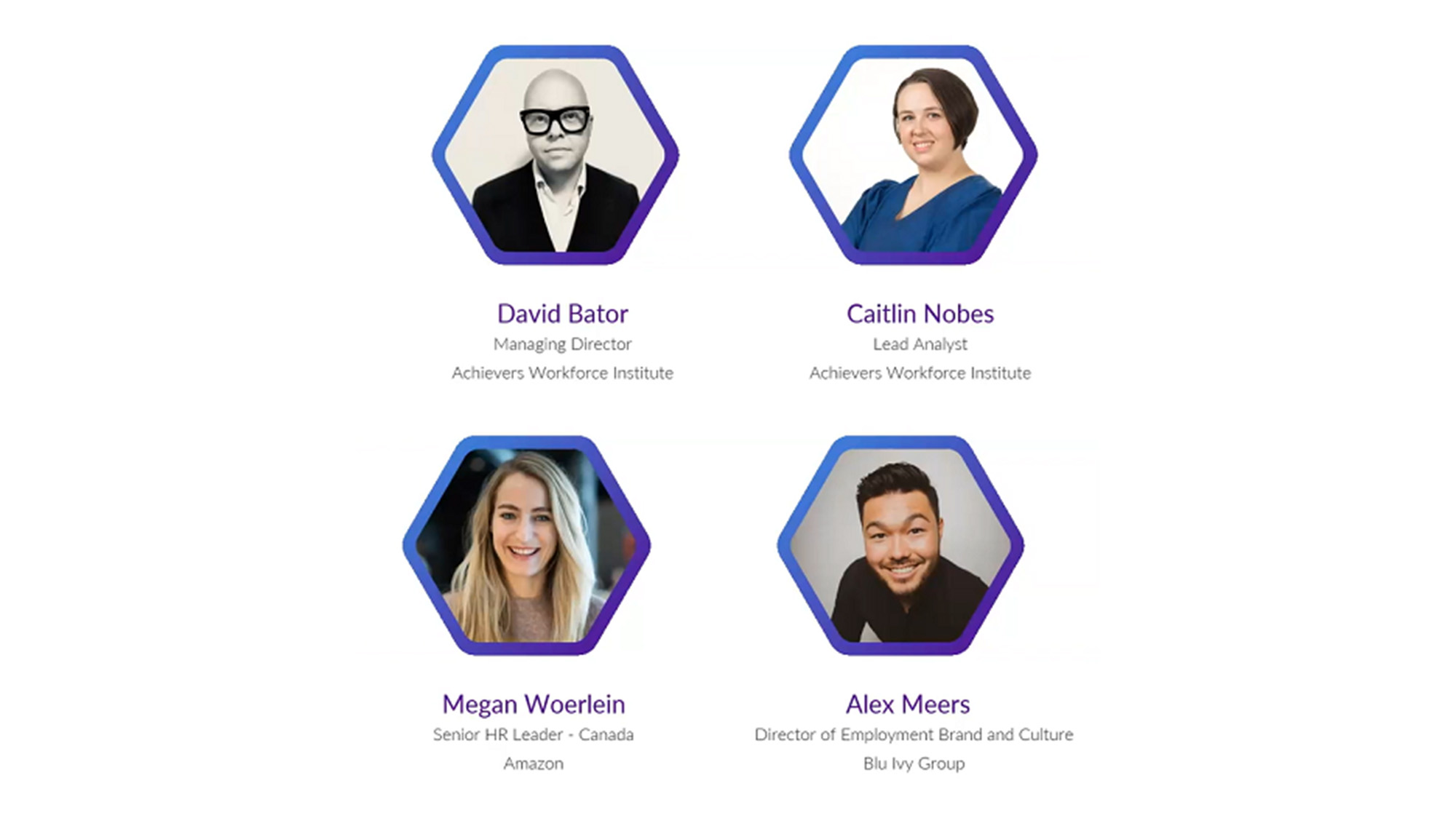Flexible working could save staff £500 a year
Microsoft champions ‘off-peak chic’ as a positive financial by-product of flexible working.


Adopting flexible working isn't just good for employers and employees in terms of work/life balance, it can also help individuals do more with less and save money during these challenging economic times.
But bosses in the UK are still resisting efforts to make flexible working a business-friendly reality despite the fact they can also cut office overheads as a result.
So says Microsoft, after it published the results of a study involving more than 1,000 people, which found that people could save more than 500 a year just by being able to work more flexibly one day a week.
This money can be garnered from off-peak travel and gym memberships, food and other discounts, according to Microsoft.
Less than one third of office workers in the UK are allowed to abandon the office for a day a week. In London, more than half of workers (52 per cent) are able to work flexibly for that period.
Those in Northern Ireland appear to get the worst deal, with 82 per cent of workers unable to work flexibly.
While the technology is there to enable people to work anywhere as if they were in the office, cultural barriers and skepticism around whether people are working or skiving remain, according to the research.
Get the ITPro daily newsletter
Sign up today and you will receive a free copy of our Future Focus 2025 report - the leading guidance on AI, cybersecurity and other IT challenges as per 700+ senior executives
"If you listen to companies that are actually doing it, you'll find out that it works and most of those fears will evaporate," said James McCarthy, Microsoft UK's mobility expert.
"It is also a learning journey. Both employers and employees need to discuss this way of working and find their own path. Doing nothing is an absolutely outdated concept."
Microsoft is often knocked but one area it does seem to have got it right is flexible working. Employees are equipped with Windows Mobile devices and laptops and home broadband is provided to boot.
"Ninety five per cent of the people at Microsoft are actually able to work from home or wherever they want. Maybe in a sense, Microsoft today is a snapshot of where companies will be two to three years from now," added McCarthy.
"We're measured by the contribution we make to the business and not how much time we spend at our desk. There's no presenteeism culture that means you have to come in half an hour early to put your jacket on the back of your chair or leave 10 minutes after your boss."
McCarthy offered others three pieces of advise to help them move from the fear, uncertainty and doubt surrounding flexibility in the workplace and to turn the theory into reality.
"Give it a try. Take action rather than just thinking about it," he said. "Think about the ways in which you reward and measure your people and lastly, from an employee point of view, they should bear in mind that this is a very personal thing in terms of how it can work for them."
Maggie has been a journalist since 1999, starting her career as an editorial assistant on then-weekly magazine Computing, before working her way up to senior reporter level. In 2006, just weeks before ITPro was launched, Maggie joined Dennis Publishing as a reporter. Having worked her way up to editor of ITPro, she was appointed group editor of CloudPro and ITPro in April 2012. She became the editorial director and took responsibility for ChannelPro, in 2016.
Her areas of particular interest, aside from cloud, include management and C-level issues, the business value of technology, green and environmental issues and careers to name but a few.
-
 Enterprises face delicate balancing act with data center sustainability goals
Enterprises face delicate balancing act with data center sustainability goalsNews High energy consumption, raw material requirements, and physical space constraints are holding back data center sustainability efforts, according to new research from Seagate.
By Emma Woollacott
-
 Cleo attack victim list grows as Hertz confirms customer data stolen
Cleo attack victim list grows as Hertz confirms customer data stolenNews Hertz has confirmed it suffered a data breach as a result of the Cleo zero-day vulnerability in late 2024, with the car rental giant warning that customer data was stolen.
By Ross Kelly
-
 IT professionals aren’t budging on flexible work demands – and more than half say they’ll quit if employers don’t meet expectations
IT professionals aren’t budging on flexible work demands – and more than half say they’ll quit if employers don’t meet expectationsNews Analysis from Randstad shows 40% of UK-based IT pros have quit over a lack of flexible work options, while 31% of workers globally have done the same.
By Ross Kelly
-
 'The tide seems to be turning towards office attendance': 64% of hybrid business leaders want staff back in the office – but many worry that enforcing RTO mandates will drive employees away
'The tide seems to be turning towards office attendance': 64% of hybrid business leaders want staff back in the office – but many worry that enforcing RTO mandates will drive employees awayAnalysis Many UK business leaders want their staff back in the office more frequently, but they’re scared to implement return to office (RTO) mandates in fear of worker revolts.
By George Fitzmaurice
-
 Employees are dead set on flexible working arrangements – three quarters would turn down a role that didn't offer hybrid options as work-life balance becomes more important than pay
Employees are dead set on flexible working arrangements – three quarters would turn down a role that didn't offer hybrid options as work-life balance becomes more important than payNews New research shows workers are increasingly demanding flexible working arrangements from employers.
By Emma Woollacott
-
 Nearly half of tech workers are seeking new roles – declining employee benefits and reduced flexible working options have staff looking elsewhere
Nearly half of tech workers are seeking new roles – declining employee benefits and reduced flexible working options have staff looking elsewhereNews While salaries are rising for tech workers, other benefits are in decline, leading to a fall in job satisfaction
By Emma Woollacott
-
 Untethered: How CIOs and CISOs are paving the way for the new hybrid workforce
Untethered: How CIOs and CISOs are paving the way for the new hybrid workforceWhitepaper Effective techniques to transition from exposed legacy infrastructure to an effective zero trust strategy
By ITPro
-
 Unified endpoint management and security in a work-from-anywhere world
Unified endpoint management and security in a work-from-anywhere worldWhitepaper Learn how to converge endpoint management and security processes and systems to drive efficiency and reduce risk
By ITPro
-
 Why flexible working is critical to ensure talent retention
Why flexible working is critical to ensure talent retentionAdvertorial The changing face of flexible working will be the focal point of a webinar hosted by the Achievers Workforce Institute on July 12
By ITPro
-
 Hybrid work means we’re burning out harder and faster than ever
Hybrid work means we’re burning out harder and faster than everIn-depth Technology has fueled an always-on culture that’s turbocharged a new breed of burnout, but technology can also come to the rescue
By Sandra Vogel